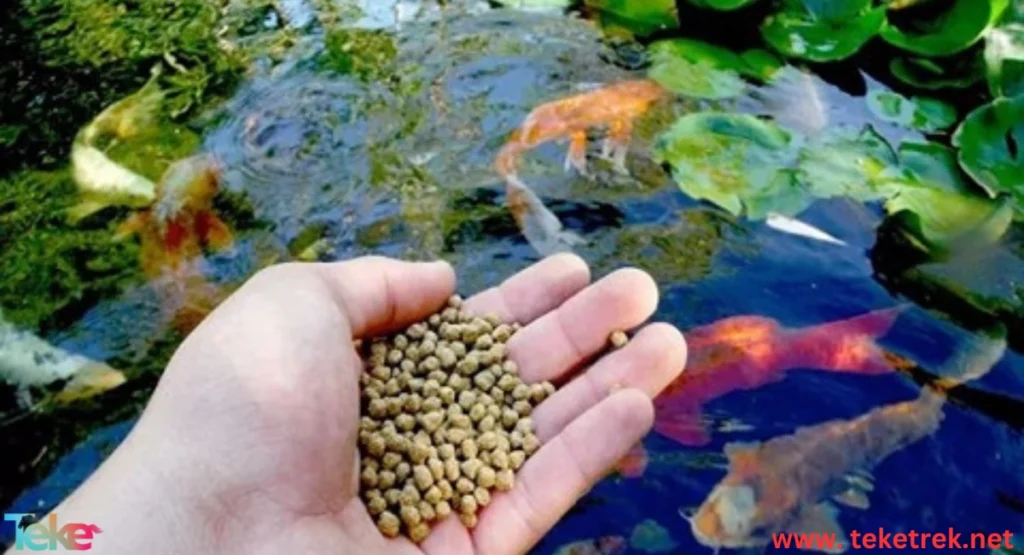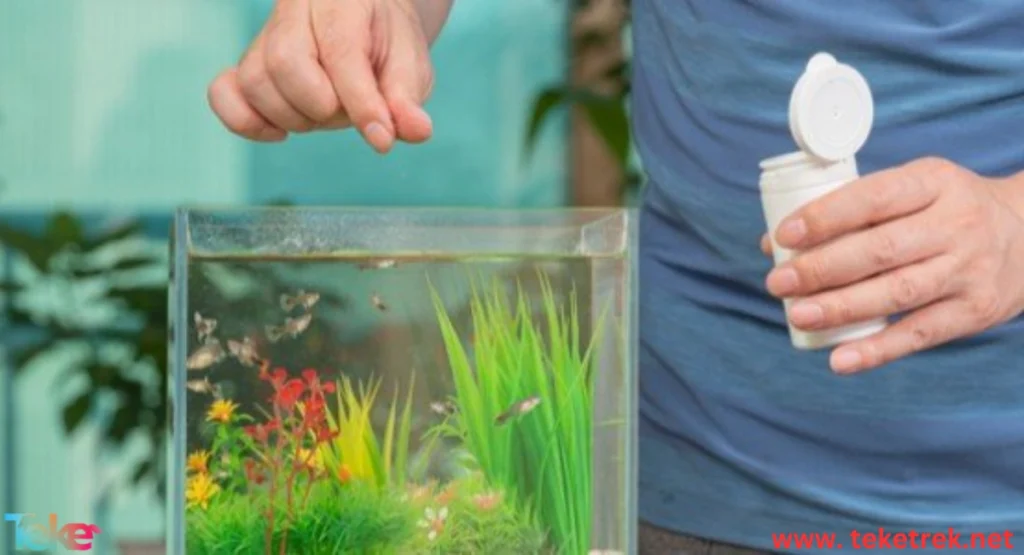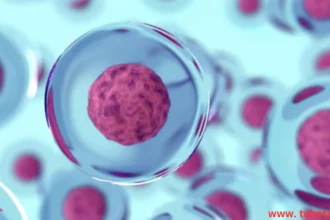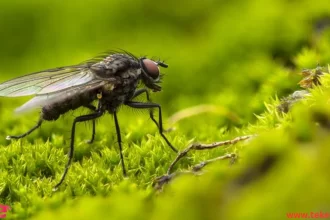Fish are among the most beloved animals by humans, and there are many types of fish that can be kept as pets, such as ornamental fish. These types of fish require special care and attention, including providing a suitable aquarium, a filtration system to clean the water regularly, and appropriate lighting. One of the most important aspects of caring for fish is providing them with food that meets their nutritional needs to maintain their health. In this report from teketrek, we will discuss the best dietary systems for keeping fish healthy and happy.
How to Choose the Best Food for Fish Based on Their Type?
Before purchasing food for your fish, you need to know the type of fish you have. There are herbivorous fish and carnivorous fish, and food options vary based on this classification. Some fish prefer algae, seaweed, and vegetables, like ornamental fish, while others prefer meat, such as small fish, worms, and shrimp.

The Difference Between Dry Food and Fresh Food for Fish
Dry food differs from fresh food in terms of nutritional value. Dry food is often more affordable and comes in a variety of options suitable for all types of fish, both herbivores and carnivores. It has the advantage of staying fresh for a longer time when stored correctly. Examples include flakes, which are ideal for fish that swim in the upper and middle layers of the tank, and pellets, which can float, sink slowly, or sink quickly. Fresh food for fish includes vegetables like peas and zucchini for herbivorous fish and live meat like shrimp and worms for carnivorous fish.
The Importance of Vitamins and Minerals in Fish Diets
Proper nutrition for fish is vital for maintaining their health. A balanced daily diet with vitamins, minerals, and proteins is essential. Fish require a variety of minerals such as calcium, phosphorus, magnesium, zinc, iron, copper, iodine, and manganese for proper growth and development. Here are some essential nutrients for fish:
- Zinc: Supports the immune system and various enzymatic processes.
- Iron: Essential for oxygen transport and immune cell growth.
- Copper: Necessary for immune function and fighting infections.
- Calcium and Phosphorus: Absorbed from the surrounding water, they help fish grow and maintain strong bones.
- Selenium: Acts as an antioxidant and supports the immune system.
Feeding Schedules: How to Determine the Right Amount?
The feeding schedule for fish depends on their size and type. Smaller fish require more frequent feeding than larger fish. For instance, fish weighing around 5 grams need to be fed six times a day, while fish weighing between 5 to 20 grams should be fed four times a day. Larger fish weighing over 100 grams can be fed three times a day.
The Best Foods for Ornamental Fish
Proper nutrition for ornamental fish is crucial for their health, vibrant colors, and overall well-being. The type of food varies based on the species of ornamental fish, but some of the best options include:
- Dry foods: Such as fish flakes and small pellets, which provide essential nutrients.
- Frozen foods: Like bloodworms and brine shrimp.
- Fresh foods: Such as live shrimp, worms, and small fish, which are ideal for certain types of ornamental fish.
How Does Nutrition Affect Fish Health in Aquariums?
Balanced nutrition is one of the key factors that help fish grow properly. Poor nutrition can lead to various diseases, ultimately leading to the death of the fish. A deficiency in vitamins can cause serious health problems, such as poor growth, deformities, and weakened immunity. Lack of protein and essential fatty acids can affect the fish’s growth and may even lead to issues like damaged fins or skin discoloration.

FAQs about The Best Diets for Fish
Is eating fish everyday a good diet?
Eating fish daily can be beneficial if it’s part of a balanced diet. Fish contains proteins and omega-3 fatty acids, which are beneficial for the heart, but it’s important to diversify your food sources and avoid overeating.
What is a high fish diet?
A high-fish diet is primarily based on eating fish as a major part of your daily diet. It includes various types of fish rich in protein and healthy fatty acids.
Which feed is best for fish?
The best food for fish depends on the type of fish. Herbivorous fish require algae and vegetables, while carnivorous fish prefer meat such as shrimp and worms. Dried foods such as flakes or pellets are suitable for most fish.
Conclusion
Feeding fish properly is crucial for their health and well-being. It’s essential to know the right type of food for each species, as each type of fish has its own dietary needs. The feeding schedule should also be adjusted based on the fish’s size. A balanced diet that contains the right vitamins and minerals helps fish stay healthy and prevents diseases. A variety of food options ensures that fish grow properly and thrive in their aquarium environment.





